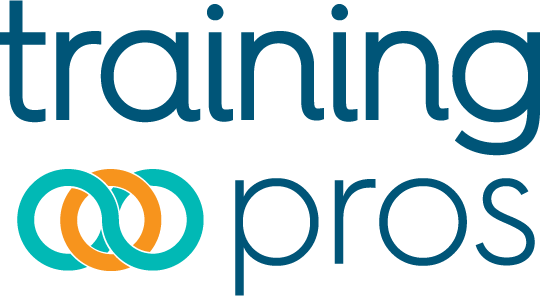Expert Tips for Navigating the Pre-Launch Phase
Evolving complexities and increased scrutiny of the pharmaceutical industry have dictated a heavy reliance on early drug launch planning. From product research, development, and reimbursement, the first 18 months of product conceptualization can not only be the most challenging, but also the most rewarding. Successful pre-launch foundations often require experienced leaders to balance compliance with product development, and ultimately, post-launch success. To take a closer look at what a successful pre-launch foundation would look like, we turned to Dr. Yurek Paprocki. Dr. Paprocki, a veteran of the pharmaceutical industry, has led successful global product launches for industry leaders including Novo Nordisk and Eli Lilly. So, how can a drug-maker prepare for a successful launch?
Collaborate
When drug-makers begin development of new products, they must first know the problem they plan to address. This requires the use of non-commercialized information being presented to healthcare providers and payers for feedback, bringing an active voice to that specific disease. MSLs can be engaged in scientific exchange, conveying balanced medical information when answering unsolicited questions from Key Opinion Leaders (KOLs) and in turn bringing scientific insights back to the company. Third-party, independent medical education companies have been involved for a long time now in development of unbiased presentations during scientific meetings where KOLs are discussing the most recent clinical information for the benefit of practicing healthcare providers.
Communicate Cohesively
Key Opinion Leaders (KOLs) play a vital role in a successful product launch. Early in the pre-launch phase, companies need to engage in ongoing relationships with KOLs. “KOLs are central because they provide external input that can be helpful to the company in the development process. A successful pre-launch plan will include advice from KOLs as soon as clinical data is available, so the company can continue the development of the medication based on the existing clinical data,” recommends Dr. Paprocki. But the technique for this communication may be just as important as the communication itself. According to Dr. Paprocki, to ensure that information and feedback is dependable and relevant, engaging a small group of KOLs early and continuing to engage that same group throughout the process is vital. “A smaller group of the same people is much better for accurate product input than several larger groups. Your group of advisors learns the data together with you and their feedback is incremental – their advice is based on earlier recommendations and full knowledge of the data. And there is no need to continuously restart the discussion from the beginning, when you have to debrief the new people.”
Know Your Payer
To properly prepare for market access, Dr. Paprocki explains that appealing to payers is just as important as appealing to healthcare providers, regulators or patients. “Pharmaceutical companies will be balancing patient needs with payer limitations. We are restricted by timelines but, the latest, by phase 3 trials, you need to have a good indication of what your drug can do and if the drug makes it to the market, the payers need to have the information needed for them to reimburse it.” Good patient access to the medication determines whether a product succeeds or fails. And this requires generation of data that resonate with payers, explains Dr. Paprocki, “Nowadays, we need to be developing clinical trials that not only answer the regulatory questions of safety and efficacy, but we need to figure out the way how to bring to the market effectiveness data, and other endpoints that payer will value in order to justify reimbursement. “ Pricing may not affect patient demand per se, although it can ultimately affect access; payers can refuse to reimburse a product if the cost is perceived to be too high – effectively preventing patient access to needed treatments. One cannot allow for this to happen, Dr. Paprocki recommends to ensure early planning for market access.
Pre-launch planning is key to the future success of your drug. Building a strong foundation for pre-launch activities can save your team time and money and ensure an overall successful product launch. To hear more about the pre-launch phase, or to learn more about building the pre-launch road map, register for the 2nd Annual Medical Affairs Pre-Launch Strategies Conference, May 18-19, in Boston, MA.
This information is made at the request of Q1 Productions. The author, although an employee of Novo Nordisk Inc., is providing it on his own behalf. The information provided and any views expressed are those of the author and may not be attributed to Novo Nordisk Inc.





